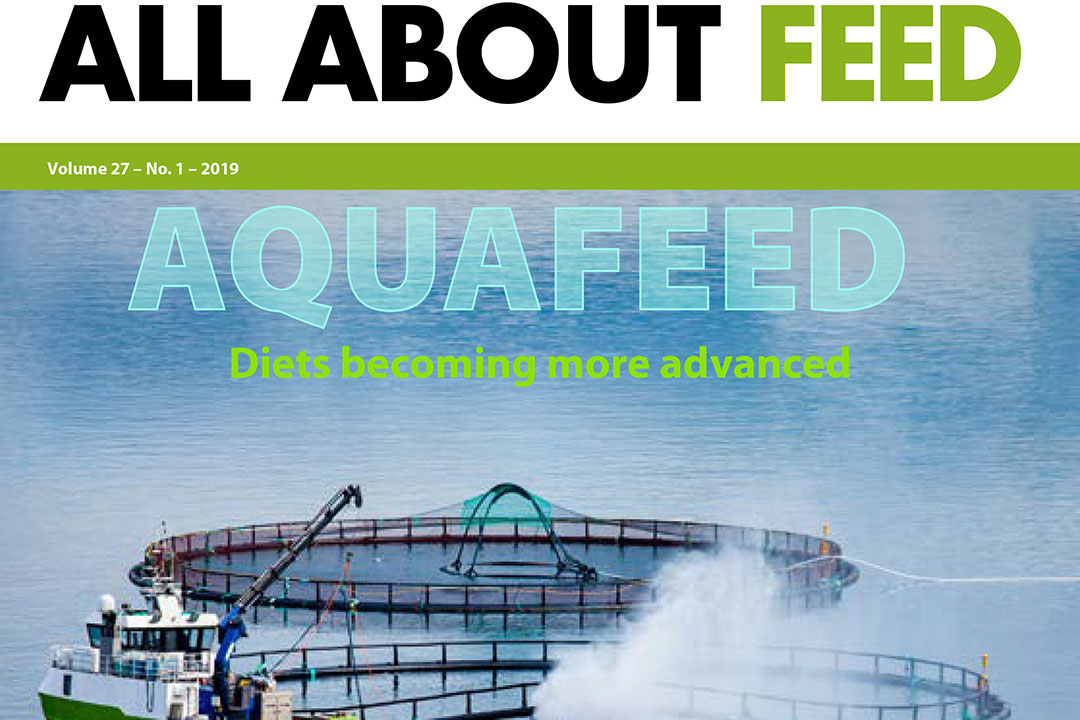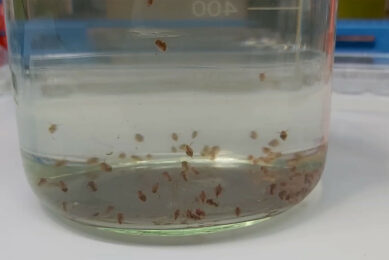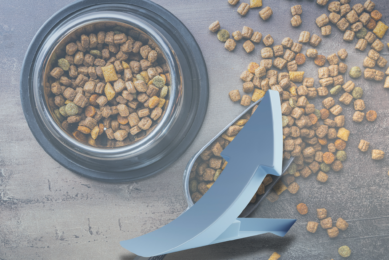Aquafeed: A focus in issue 1 of All About Feed

The first edition of All About Feed in the new year can now be read online. In this issue we look at the latest developments in aquafeed, a strong growth market in Asia especially.
Fighting shrimp diseases with feed
White Spot Syndrome Virus (WSSV) is a major shrimp pathogen, present in most of the producing regions and causing considerable economic losses to farmers. A new feed solution however showed strong reduction in mortality and improvement of growth in moderate WSSV pressure. In this article we delve into a few studies done with a feed additive (copper exchanged clay (CeC)). It was shown that this is an effective solution to reduce the development of WSSV in its early stage, thus strongly helping to prevent WSSV general outbreaks in shrimp populations. A significant higher survival rate was observed, associated with a beneficial effect on growth of juvenile shrimps, which tend to confirm the protective effect of CeC. Read more on page 6 of this issue.
More sustainable fish diets
In this issue we take a look at new types of ingredients for farmed fish diets. Today, it is vital that animal and aquatic feed manufacturers use sustainable and secured raw materials. In addition, the global price increase for commonly used commodities such as soy and fishmeal may affect small farmers and potentially have a negative impact on global poverty. Such uncertainties may be reduced by finding alternative feed ingredients and adequate technology to process these ingredients. In this article we take a look at a few of them.

Growth in aquafeed production
Fuelled by the increasing global demand for animal protein, animal feed production is increasing year on year. In 2017, the international feed tonnage exceeded one billion metric tons for the second consecutive year, with a total of 1.07 billion metric tons of feed produced. The feed industry has seen 14.6% growth over the past five years, equating to an average of 2.76% per annum. This substantial growth is supported by the higher reported consumption of meat, milk and eggs. The latest figures over 2018, released by animal nutrition company Alltech and published in their Annual Alltech Global Feed Survey, shows again that the global feed production is rising. In 2018, the global production reached 1.103 billion metric tonnes. This is 3% more than the volume produced in 2017.
Aquafeed developments
The annual feed production statistics from Alltech also reflect the growth in aquaculture. On a global level, the production of aquaculture feed showed growth of 4% over last year and reached 40.1 million metric tons in 2018. This was primarily attributed to strong increases in the Asia-Pacific and European regions. The total aquafeed production in the Asia-Pacific region in 2018 was 28.5 million metric tons. The traditional Asia-Pacific leaders in aquaculture, Vietnam, India and Indonesia, combined for an additional 1.58 million metric tons of feed in the region. China, the region’s leader, also saw an increase of 1% over last year and produces 39% of the total global aquafeed production. Read more about the trends in aquafeed production on page 26 of this issue.

Also in this issue:
- The global seed market
- 2019: The year of recovery for Brazil
- MRC: MiXscience’s research station
- Corn processing and its effects
- Improving feed management
- Processing of oilseed byproducts
- Antibiotic free poultry: How to feed them?











